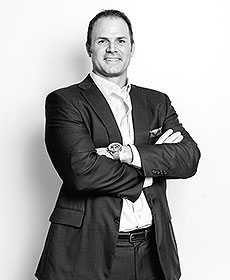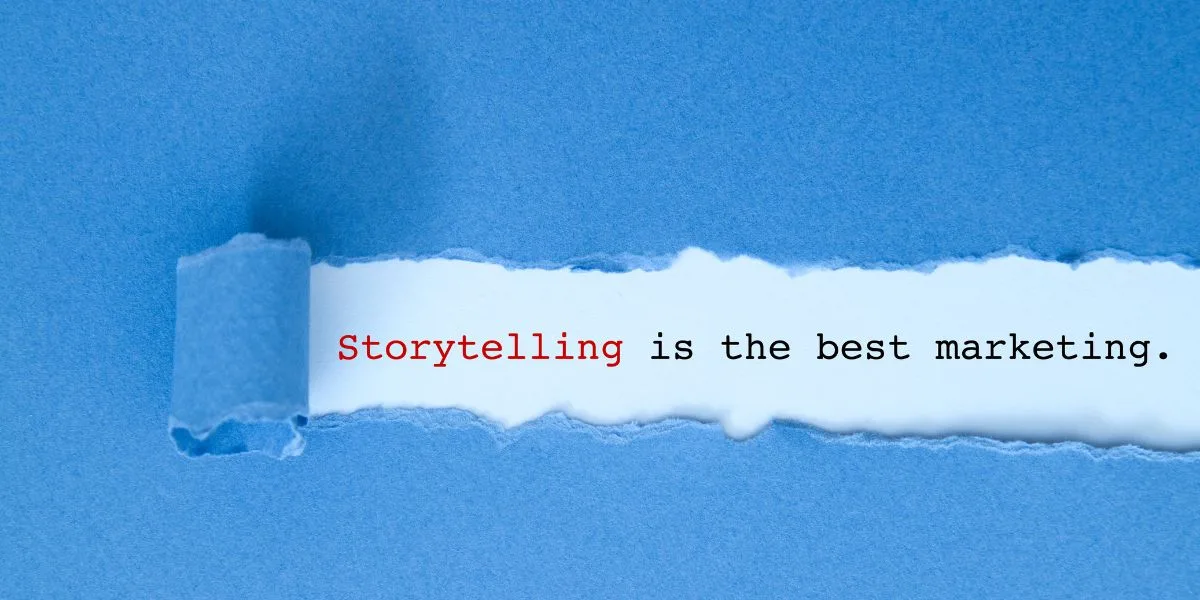In our last blog, How to Eliminate Fear and Encourage Consumers to Act, we covered how most Americans struggle with financial illiteracy and anxiety over money. The best way to overcome consumers’ fear of financial decision-making is to engage and educate them. With education comes power and the ability to make decisions – like choosing you as their Financial Consultant.
But what are the best ways to engage and educate consumers in your financial advisor marketing plans? Let’s break down your options.
Financial Marketing Strategies for Awareness and Problem Recognition
Educational events, such as dinner seminars, webinars, and holistic financial planning workshops, offer an almost perfect alignment for helping consumers discover deficiencies in their financial knowledge and plans. These events share commonalities that provide the consumer with a comfortable experience, such as a neutral and sometimes familiar location, a non-threatening environment, and safety in numbers. Combine these factors with relevant content and complimentary access, and you’ve got a winning formula for consumer engagement!
Now let’s explore each of these options in more detail.
Dinner Seminar Events
“Food is more than survival. With it, we make friends, court lovers and count our blessings. The sharing of food has always been part of the human story.” – The Joy of Food, National Geographic Magazine.
While food brings people together and helps form relationships, it is not the only reason why dinner seminars are so effective in assisting financial professionals to acquire clients. When executed correctly, dinner seminar events allow you to maximize your time by presenting one too many. They represent one of the only marketing solutions to leverage all six of the universal principles of influence discovered by Dr. Robert Cialdini.
1. The Rule of Reciprocity
To start, inviting people to a complimentary dining experience at a fantastic restaurant and giving them access to valuable information at no charge, you activate a desire for your audience to reciprocate. This often means that they commit their valuable time to you, whether exclusively at the event or by also scheduling an individual consultation.
2. Scarcity Principle
Because dinner events take place at a restaurant, seating is limited to the room capacity. In addition, reservation options are usually limited to just a few dates and times. These factors motivate consumers to act immediately to avoid missing out.
3. Authority Principle
As a credentialed financial professional presenting to an entire room of affluent consumers, you are instantly more credible and knowledgeable to your audience. This means that you’re not only sharing helpful information with your event attendees, but they’re more likely to believe you as a result of the overall event experience.
4. Commitment and Consistency Principle
From registration to confirmation to attendance and then participation, consumers make multiple micro-commitments to themselves and you, the financial professional, throughout the process. This principle states that people like to be consistent with things they’ve previously said or done. Getting people to admit that they want to solve a problem verbally, or better yet, in writing, means that they are far more apt to take action to resolve it.
5. Liking Principle
We like to be around people we like. Dinner events offer consumers the ability to get to know you and determine whether or not they like you enough to take the next step.
6. Consensus Principle
People look to the actions of others, especially when they’re uncertain. What better way to encourage people than have them look around and see a packed room of similar people. All of whom have taken action to educate themselves and improve their financial situation.
Wrapping Up Dinner Seminars
When you consider all of the psychological elements, the consumer experience, and the ability to educate and acquire clients rapidly, it’s easy to see why more than 38 million consumers have attended over one million dinner events to hear from financial advisors, just like you. And it’s just as easy to see why advisors consistently use marketing strategies like Seminar Success® to engage with consumers, acquire clients, and grow.
Total attendees to dinner seminars
Holistic Educational Workshops
Comprehensive, multi-day educational curriculums or bite-sized highly relevant seminars hosted at colleges or universities can successfully enlighten consumers about threats to their financial plans. Positives for this higher-learning approach include ample time to educate consumers about these risks and earn their trust. In addition, your credibility soars if you’re able to secure an endorsement from the college or university.
Other options for holistic educational workshops are employer-sponsored worksite events, business networking events, community events, and chamber of commerce meetings.
Webinars
This innovative and somewhat new approach provides both advisor and consumer a convenient way for delivering and receiving educational content. Consumers like webinars because it gives them an extremely non-threatening method to meeting advisors. Furthermore, participants volunteer minimal information to register and can exit the event simply by closing their browser or application if they perceive any pressure. Think of it as the equivalent of window shopping at a retail store.
Webinars can help advisors scale quickly and effectively without investing a significant amount of time, energy, or precious resources. These virtual events can be pre-recorded and programmed to be highly interactive and engaging. When done right, webinar events can yield similar appointment ratios and profitability as dinner seminars.
Key Takeaway – Educating consumers in a neutral environment can reduce fear and encourage action.
In conclusion, your future clients are often overwhelmed by their financial future and concerned about making the right decisions. By educating prospects, you allow them to contribute to their financial health, solidify yourself as a knowledgeable resource, and pave the way to a long-term business relationship.
You’ve made it this far, are you ready to keep learning? Part 3 of the series will cover how your consumers research and identify their issues and where they go for help. Learn where and how your marketing material can reach your consumer at every touchpoint. This will help ensure you stay top of mind as they research their options. Coming soon!
About the Author
Jerry Lanier is the Vice President of Financial Sales at LeadingResponse. For more than 16 years, he has made it his passion to help consumers navigate life’s most challenging financial decisions by connecting them with financial professionals. At the same time, he helps those advisors achieve sustainable growth by uncovering additional revenue, profits, and missed opportunities.











